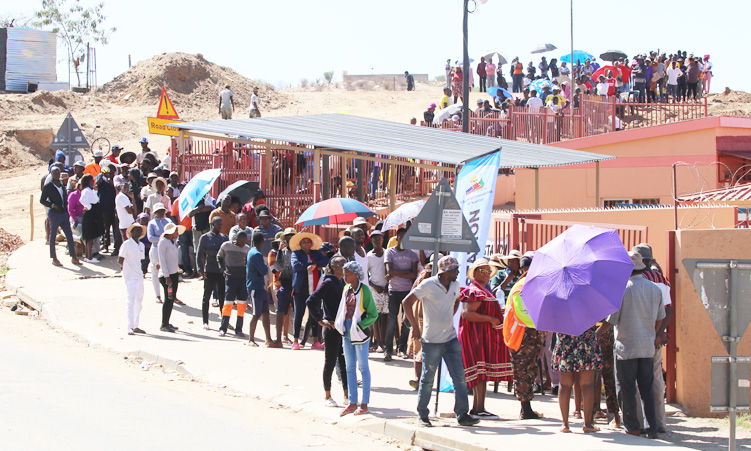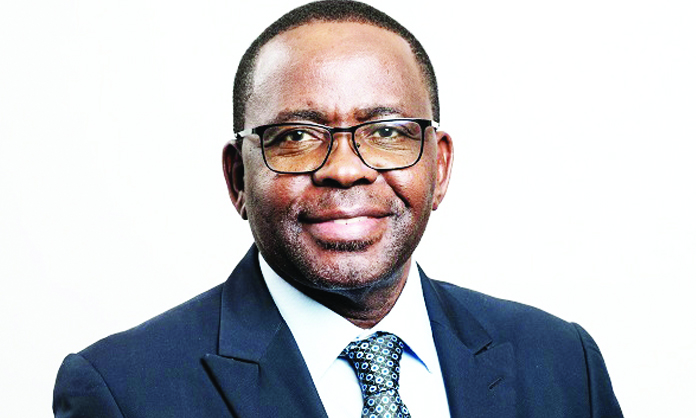FARMERS are opting to sell their cattle to export abattoirs, as they fetch better prices by doing so – a marketing option that will keep local beef prices elevated.
Despite this, the second quarter of 2022 was good for cattle marketing, showing signs of recovery from drought as restocking efforts continue to pay off.
According to the Meat Board of Namibia, activities within the cattle sector recorded an 18,1% growth during this period, and beef prices are expected to remain on the growth trajectory as export abattoirs offer relatively better producer prices.
The Meat Board attributes the growth to slaughtering activities at export-approved abattoirs as well as the export of live cattle to neighbouring countries that registered double-digit growth of 55,66% and 19,53%, compared to the same period in 2021.
“On the other hand, slaughtering activities at B- and C-class abattoirs recorded a significant contraction of 40,78% as farmers redirected cattle from these abattoirs to export approved abattoirs due to relatively good prices offered by export-approved abattoirs,” the Meat Board says.
A total of 68 429 head of cattle were marked during the period under review, and of this number 38 290 were exported on the hoof to South Africa, Angola, Botswana and Zambia, while 23 880 were marketed at various export-approved abattoirs, and 6 259 at various B- and C-class abattoirs.
Live animal exports dropped with 4% in its market share during the second quarter of 2022 – from 60% recorded in 2021 to 56% in 2022.
Namibia exported more than 3 million tonnes of beef during the second quarter of 2022, which represents a growth of 77,58% compared to 2021.
A total of 14 007kg and 5 702kg beef from the Katima Mulilo abattoir was exported to Ghana and Tanzania, respectively, during the period under review.
SHEEP
The sheep sector recorded a positive growth of 44,9% during the second quarter of 2022, with a total of 215 621 sheep marketed during this period, compared to 148 803 in the corresponding 2021 period.
This improved performance was largely driven by a sustained increase in the live export of sheep, coupled with improved marketing activities at export-approved abattoirs, recording growths of 57,99% and 126,47% respectively.
Live exports of sheep made up 84% of the market share, while export-approved abattoirs took up 6%, and the remaining 10% went to B- and C-class abattoirs.
GOATS
The total marketing of goats recorded a contraction of 5,29% – from 33 822 goats marketed in the second quarter of 2021 to 32 033 in 2022.
This follows declines in both the live exportation of goats as well as slaughtering activities at B- and C-class abattoirs, which dropped by 0,82% and 70,54%.
“Although live exports decreased on a quarterly basis, overall marketing year to date increased by 8,49%, following the positive growth in live goat exports during the first quarter,” the Meat Board says.
PORK
The pork sector posted positive performance during the second quarter of 2022 in comparison to the same period last year.
The pork market-share promotion scheme continues to be implemented to assist local producers with market access given cheap pork imports from elsewhere.
During the second quarter of 2022, a total of 11 928 pigs were slaughtered by Meat Board-registered abattoirs – a 10,45% growth compared to 10 799 pigs slaughtered in the same quarter during 2021.
However, local pork production is currently at 1 146 tonnes for 2022, which is still 14,29% higher than the 2021 level of 1 003 tonnes.
This is a sign of improved productivity reflected in better slaughter mass.
Email: matthew@namibian.com.na
More Money For Savanna Beef
THE private company, Savanna Beef Processors Ltd, which has been formed to develop and invest in a new beef export processing facility in Namibia, raised over N$158,3 million privately, as of last week Friday. The company is hosting another capital-raising run, with the aim of bringing in N$200 million in total. “We are out of the blocks with an excellent start on the first day, with an additional N$12,258 million from 39 producers. This brings us to a total of N$158,3 million. We have thus passed the strategic mark of 75% of producer-owned shares,” said Mecki Schneider, the company's representative, last Friday.
Stay informed with The Namibian – your source for credible journalism. Get in-depth reporting and opinions for
only N$85 a month. Invest in journalism, invest in democracy –
Subscribe Now!






